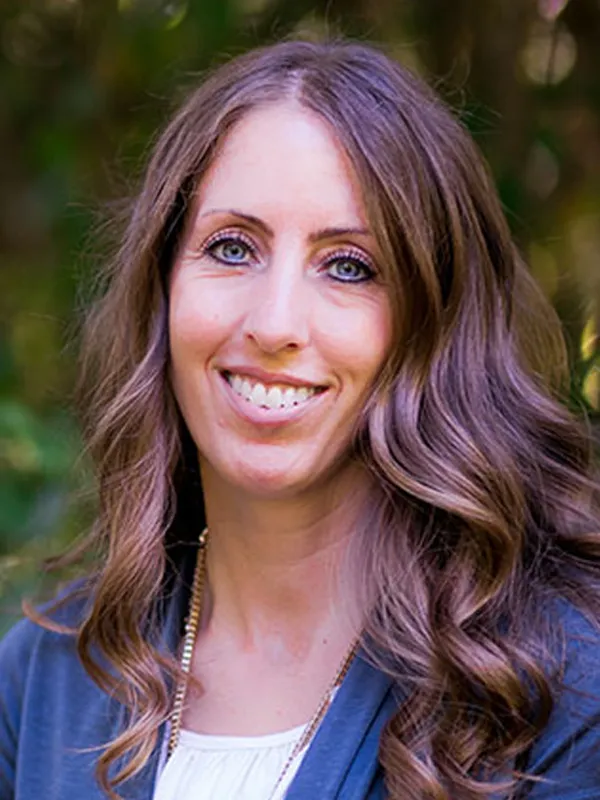
Choosing the right anesthesia group is one of the most important decisions a healthcare facility can make. This decision goes beyond clinical qualifications. You are choosing a team that will impact your workflow, your surgical outcomes, your reputation with patients, and ultimately, your financial performance.
Whether you operate a busy ambulatory surgery center or a specialized office-based practice, partnering with the right anesthesia group can elevate every aspect of your care delivery. Over the years, we have fielded the same core questions from clinics considering a new anesthesia partner. Below are the most common ones and how thoughtful answers can help you select a group that brings value on day one.
1. Will Your Providers Fit Our Culture?
This is one of the most important questions clinics ask, and for good reason. Every facility has its own rhythm, tone, and culture. Some centers value ultra-efficient case turnover. Others prioritize a quiet, calming patient experience. Either way, your anesthesia team needs to adapt to your unique environment, not the other way around.
Look for groups that take time to understand surgeon preferences, staff personalities, and patient populations. Ask for examples of how they have successfully adapted to existing workflows or integrated into tight-knit clinical teams. The right partner will talk less about clinical ego and more about collaborative flexibility.
2. How Do You Credential and Onboard Quickly?
Time lost to credentialing delays means lost revenue and frustrated surgeons. A reliable anesthesia partner will have a streamlined credentialing process. Ask for a step-by-step credentialing timeline, sample forms, and the name of the individual responsible for facilitating paperwork from start to finish.
Modern groups often use electronic credentialing packets and can provide templated documentation to expedite hospital or ASC credentialing board review. Faster onboarding means your facility sees clinical impact sooner and gets providers in the room when and where you need them.
3. What Is Your Coverage Model for PTO, Emergencies, or Case Volume Surges?
Surgical schedules are rarely predictable. Between vacations, sudden call-outs, and unexpected case spikes, clinics need to know their anesthesia partner has depth and flexibility. Ask how the group manages short-notice changes and what local coverage models they offer.
A strong partner will maintain a stable bench of local CRNAs and anesthesiologists, provide tele-preoperative evaluations to improve readiness, and have a clearly defined escalation strategy to prevent cancellations or delays. Your OR should never be held hostage by a staffing gap.
4. How Do You Handle Quality Assurance and Peer Review?
Anesthesia safety and efficiency are measurable and great groups embrace that transparency. Look for anesthesia partners that regularly track metrics such as first-case start times, PACU discharge delays, turnover time, adverse event rates, and patient satisfaction.
Ask to see examples of quarterly QA dashboards or peer review summaries. A group committed to data will use it to identify opportunities, correct issues quickly, and collaborate with your team on continuous improvement initiatives.
5. What Is Your Approach to Patient Communication?
The anesthesia experience may be brief, but it leaves a lasting impression on patients. How your anesthesia team communicates during preoperative assessments, day-of surgery introductions, and postoperative check-ins directly affects patient satisfaction.
Ask about their communication protocols, handouts, and availability for patient questions. A partner that aligns messaging with your brand tone helps reinforce continuity of care and builds patient trust. The best groups even support Spanish or multilingual communication if needed in your region.
6. How Transparent Is Your Billing?
Anesthesia billing can be complex. Between base units, time units, modifiers, and varying commercial payer guidelines, misunderstandings can quickly lead to patient complaints or unexpected denials. Ask for a clear explanation of billing processes, sample claims, and how their billing team supports patients and staff.
Make sure you understand collection expectations, out-of-network risks, and who handles billing inquiries. Full transparency on financial workflows signals long-term alignment and protects your bottom line.
7. Do You Offer Value Beyond Day-of-Service Coverage?
The strongest anesthesia groups bring more than coverage. They bring clinical leadership. Ask if your prospective partner offers additional value such as
• Emergency response training and mock code drills
• Sedation safety protocols and documentation templates
• CPT coding education to ensure appropriate reimbursement
• Preoperative evaluation support to reduce day-of cancellations
• Policy guidance during accreditation or regulatory audits
These offerings not only improve outcomes but also free up your team’s time and reduce your compliance risk.
Conclusion
Great anesthesia partnerships are built on alignment in clinical standards, operational approach, and cultural fit. The right group should feel like an extension of your staff, bringing stability, efficiency, and expertise to every case. Use the questions above to assess how well a prospective partner understands your needs and how prepared they are to meet them.
At Advanced Anesthesia Services, we welcome every conversation with transparency, experience, and a genuine desire to help your clinic thrive. When you are ready for a team that delivers more than coverage, we are here to help.

